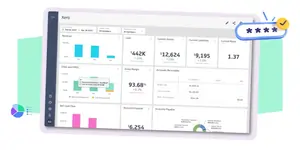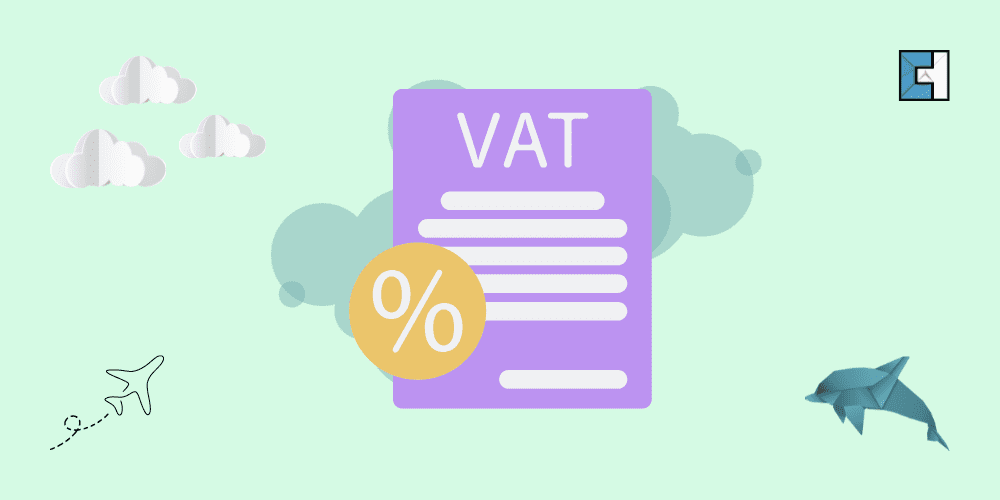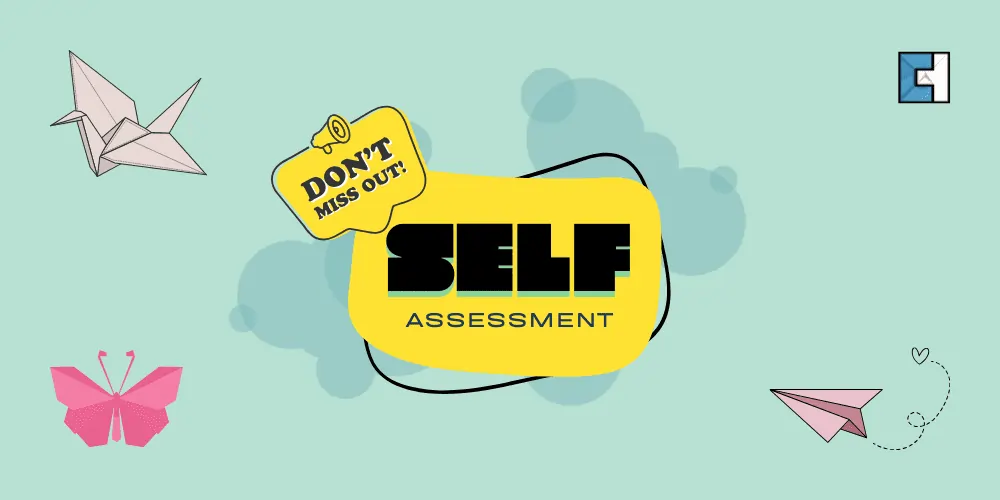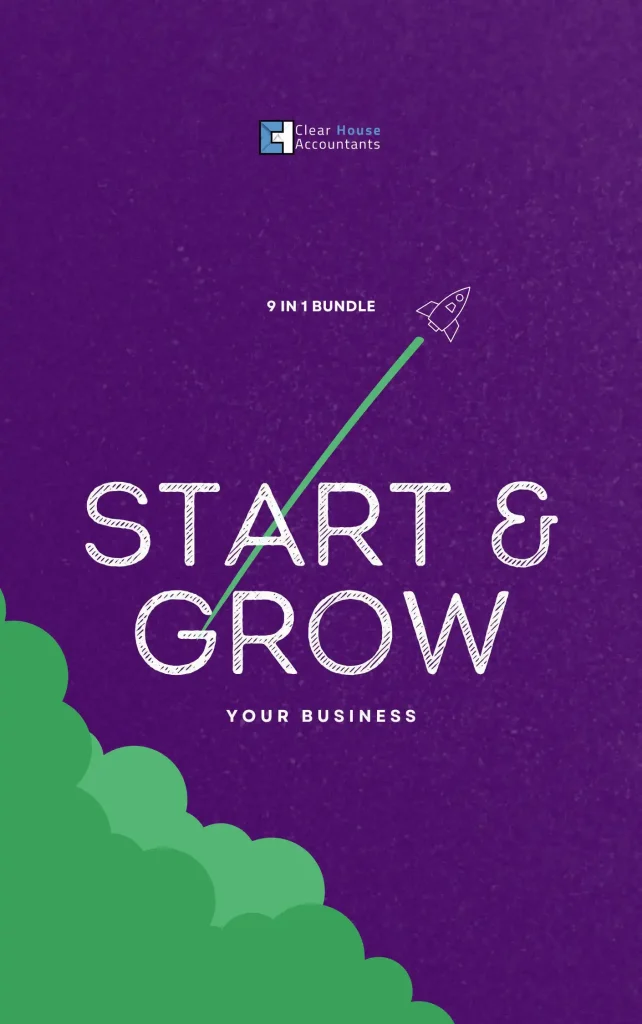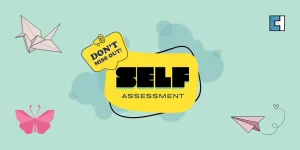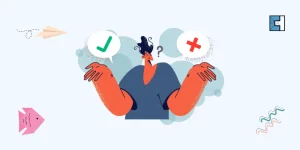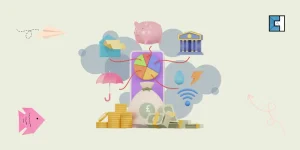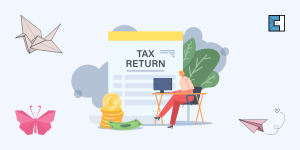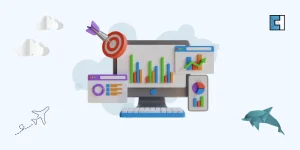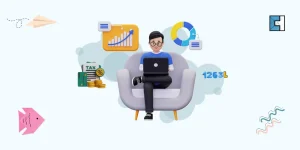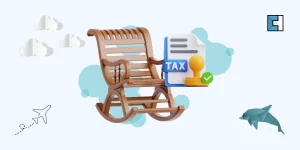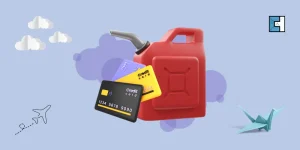VAT (value-added tax) can be a complex and burdensome process for many businesses. It is an indirect tax charged by the government on most goods and services. Businesses having a turnover of more than £85,000 (accurate as of 2021 and subject to change) from VAT-able goods and services need to register for VAT and also need to have a VAT online account registered with HMRC to be able to remain compliant with MTD for VAT returns. Because of the complex procedures involved in submitting VAT returns, many small businesses struggle with registration for or submitting their VAT returns.
Output VAT is charged on the sale of goods or services, and input VAT is reclaimed on purchases and other expenditures made by the business. When a VAT period ends (generally every quarter), the difference between output and input VAT needs to be paid to or reclaimed from HMRC.
How to Do a VAT Return? Three Easy Steps
You will need a VAT number as well as a VAT online account. Please note that from November 2022, you can only use MTD-compliant commercial accounting software like Xero or QuickBooks or through an agent, like a professional Accountant or tax advisor, to submit your VAT returns. You can still use the HMRC Online Account if you use the VAT Annual Accounting Scheme.
The Three Schemes of VAT
There are predominately three VAT schemes from which businesses can choose according to what suits them best. This decision is very crucial for companies to ensure good cash flow.
Standard VAT Accounting
The standard VAT Accounting scheme also called the Accrual Scheme is where all the VAT is recorded based on when the invoice for sale or payment is issued. VAT returns in this scheme are generally submitted every quarter. It must show the input and output tax for the quarter that has passed.
Flat Rate VAT
HMRC’s flat rate scheme provides incentives for simplifying taxes, allowing businesses to charge 20% VAT on sales but only pay HMRC at a lower rate. For instance, IT contractors have a VAT return of 13.5% in their first year of business and 14.5% after ensuring that contractors generate extra earnings.
Cash Accounting
Businesses with more than £1.35 million in vatable revenue cannot use this scheme. VAT can’t be claimed on goods bought for the firm that hasn’t been paid yet. The procedure is completed online and must show the input and output VAT for that quarter.
Significance of an Accountant in Filing VAT Returns
Whether you need accountants or not to submit your vat return depends on your business’s size and structure. Small Sole trade businesses might have a more straightforward business structure, which denotes that business can do their VAT return tasks by themselves. However, many sole traders prefer to have their VAT return tasks in the hand of professional cloud accountants because they can ensure smooth and efficient VAT submissions while maintaining MTD compliance.
If you make mistakes in submitting VAT returns, there are chances of getting an investigation notice from HMRC. Appointing a specialist Xero Accountant on your behalf to submit VAT returns as your agents can help you minimise your errors while making sure you remain MTD compliant using an efficient accounting software to submit your VAT returns to HMRC.
VAT Penalties Charged To Small Businesses
Businesses must submit VAT returns one month and seven days after their VAT quarter ends. Companies must submit a VAT return to HMRC even if they have no VAT to pay or reclaim. Depending on the revenue, HMRC will issue a warning letter or charge penalty charges for late submissions. The penalty structure for VAT has changed from 1 January 2023. You can read more about HMRC VAT penalties on the HMRC website.
Reduced VAT
On 15th July 2020, the UK government introduced a reduced VAT of 5% on specific goods and services related to hotels, hospitality, and holiday accommodation. Initially, this reduced rate was supposed to end on 12 January 2021, but it was extended to 31 March 2021. In the budget, the 2021 government announced that this reduced VAT of 5% would extend to 30 September 2021. After that, a new reduced rate of 12.5% will be announced and will remain till 31 March 2022.
This reduced VAT rate is applicable for selected goods, including nicotine patches, heating and repair services, and efficient materials for homes. There is 0% VAT on certain goods, such as children’s clothing, food, and prescription dispensing.
The main objective of this policy is to uplift and protect 2.4 million jobs affected by the COVID-19 lockdown. In addition, it was aimed at reopening the economy following the outburst of the coronavirus pandemic. This reduced tax helps to re-establish habits like eating out in restaurants.
Outsourcing the VAT Return process for your Business
Outsourcing the task of VAT returns is a more affordable option for businesses rather than appointing a full-time in-house accountant to perform VAT-related tasks only. The competitive edge in outsourcing the VAT returns is considering the size and structure of the firm and contact with customers.
The Advantages of Being VAT Registered
- Firms submitting VAT returns online can claim a VAT refund on goods and services bought from other companies.
- You are obliged to keep accurate records, which will help your business in the long run.
- It gives customers, lenders, investors, and other stakeholders of small businesses an appearance of a more prominent and established firm. Because they are assuming that the company revenue is more than £85000 due to VAT registration.
- Firms registering for VAT on a voluntary basis can backdate their registration for up to four years to reclaim VAT on their current equipment.
- Firms are given the VAT number after registration which is displayed on letterheads, invoices, and stationery. This acts as evidence of the credibility of the business.
The Disadvantages of Being VAT Registered
- If the output VAT exceeds the input VAT, businesses might get a large VAT bill from HMRC.
- Businesses must maintain records, VAT receipts, and invoices that involve extra administration and paperwork.
- Some business clients are not VAT registered, meaning they cannot reclaim VAT on goods and services they purchase. Therefore, these goods and services are too expensive for customers.
For further clarity about VAT registration and its consequences, refer to the video below.
Conclusion
VAT regulations vary for businesses selling goods or services, they also vary based on place of supply and the specific industry. One such issue can be the domestic reverse charge in the construction industry, which has specific VAT rules for construction businesses. Navigating these complex rules can get expensive for businesses if not done correctly. Appointing specialist VAT accountants to submit VAT returns or providing specialist VAT advice can result in huge long-term savings for a business. Outsourcing your finance function can be an extremely favourable option for a new or rapidly growing business, to minimise errors while keeping costs low.
Additional Resources

















